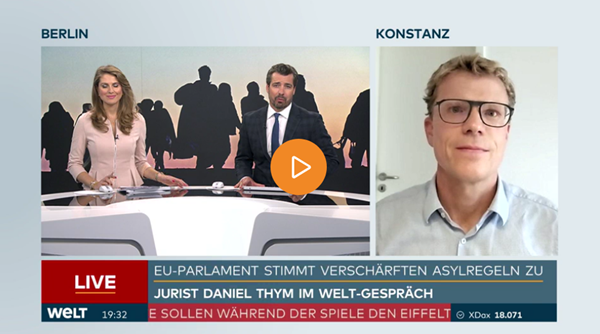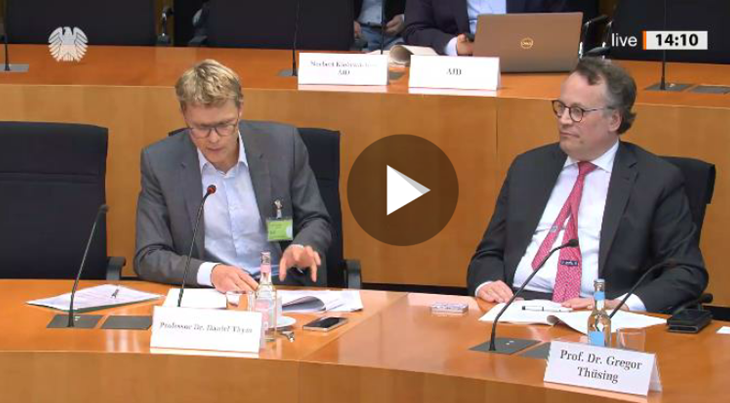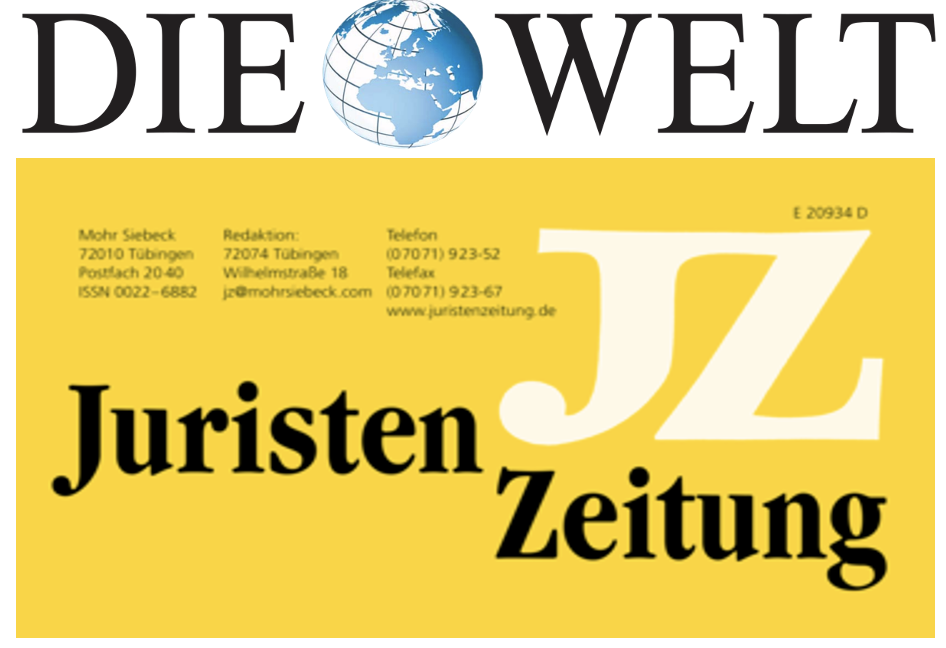75 years of the German Basic Law and the right to asylum: Back to the future
Western countries are once again having controversial discussions about the right to asylum. Many see a need for reform, from administrative practice to legislation. Such focus on change contrasts with an international debate which presents the Refugee Convention as a ‘magna carta’, thus suggesting timeless guidance. The Migration Policy Forum (MPF) on Thursday, 23 May 2024, will accentuate this long-term perspective on the 75th anniversary of the German Basic Law with the aim of better…
Read more


![[Translate to Englisch:] [Translate to Englisch:]](/fileadmin/_processed_/5/8/csm_Flaggen_Ruanda_Albanien_3ff76ddba8.png)

